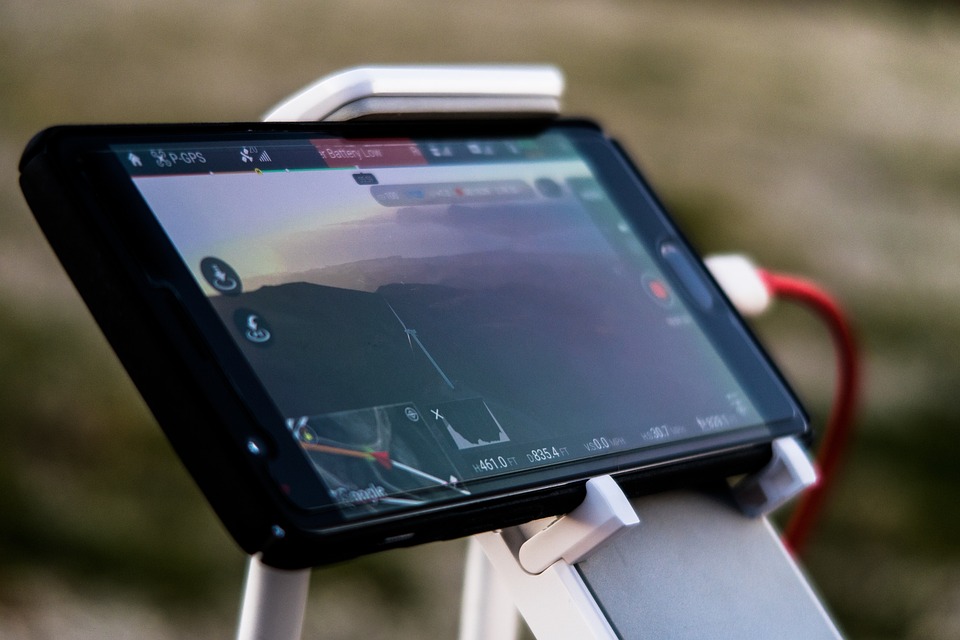Comparison Time: Fitbit Fitness Tracker vs. Garmin – Which One Tracks Your Fitness Goals Better?
The world of fitness tracking has exploded in recent years, with numerous brands vying for the top spot in the market. Two of the most popular brands, Fitbit and Garmin, have been leading the charge, each offering a range of innovative fitness trackers designed to help users achieve their fitness goals. But which one is better? In this article, we’ll pit the Fitbit fitness tracker against the Garmin, comparing their features, performance, and overall value to determine which one tracks your fitness goals better.
Design and Display
The first thing to consider when comparing these two fitness trackers is their design and display. Fitbit’s latest models, such as the Fitbit Charge or Inspire, feature a sleek and compact design, with a touchscreen display that’s easy to navigate. Garmin, on the other hand, offers a more rugged and sporty design, with models like the Garmin Vivosport or Forerunner series boasting a high-resolution display that’s perfect for outdoor enthusiasts.
Fitness Tracking Features
Both Fitbit and Garmin offer a wide range of fitness tracking features, including step tracking, distance, calories burned, and heart rate monitoring. However, Garmin takes the lead when it comes to advanced features like GPS tracking, which allows for more accurate distance and pace tracking. Fitbit, on the other hand, excels at tracking daily activity and sleep patterns, providing users with valuable insights into their overall health and wellness.
Workout Tracking
When it comes to workout tracking, both brands offer a range of features to help users monitor their exercise routines. Fitbit’s PurePulse technology provides continuous heart rate monitoring, while Garmin’s VO2 max estimates allow users to track their aerobic fitness levels. However, Garmin’s advanced running dynamics, such as cadence, stride length, and ground contact time, make it a better choice for serious runners and athletes.
Smartphone Integration
Both Fitbit and Garmin offer seamless smartphone integration, allowing users to receive notifications, control music playback, and even make mobile payments. However, Fitbit’s app is generally more user-friendly, with a more intuitive interface and easier syncing process.
Battery Life
Battery life is another important consideration when choosing a fitness tracker. Fitbit’s devices tend to have longer battery life, with some models lasting up to 7 days on a single charge. Garmin’s devices, on the other hand, typically require more frequent charging, with battery life ranging from 5-7 days.
Price
Finally, price is a significant factor to consider when comparing these two brands. Fitbit’s entry-level models, such as the Fitbit Inspire, start at around $70, while Garmin’s basic models, like the Garmin Vivosport, start at around $200. However, Garmin’s high-end models, such as the Forerunner 945, can cost upwards of $600.
Conclusion
So, which fitness tracker is better? The answer ultimately depends on your specific needs and fitness goals. If you’re looking for a user-friendly device that tracks daily activity and sleep patterns, Fitbit may be the better choice. However, if you’re a serious athlete or outdoor enthusiast, Garmin’s advanced features and GPS tracking make it a better option.
Recommendation
Based on our comparison, we recommend the following:
- For casual fitness enthusiasts, the Fitbit Charge or Inspire is a great choice.
- For serious runners and athletes, the Garmin Forerunner 245 or 945 is a better option.
- For outdoor enthusiasts, the Garmin Vivosport or Fenix series is a great choice.
Ultimately, the best fitness tracker for you will depend on your specific needs and preferences. We hope this comparison has helped you make a more informed decision and find the perfect device to track your fitness goals.
